Your mind during the psychedelic experience
Psychedelic drugs give us opportunity to experience the world - both external and internal - in a completely unique way. The current laws governing our psyche no longer abide and what has been deeply hidden from us before is now within reach. What exactly does a psychedelic trip look/feel like? What happens in the mind of a person who took LSD or tried magic mushrooms? In this article, I will describe psychological and neuropsychological aspects of a psychedelic experience.
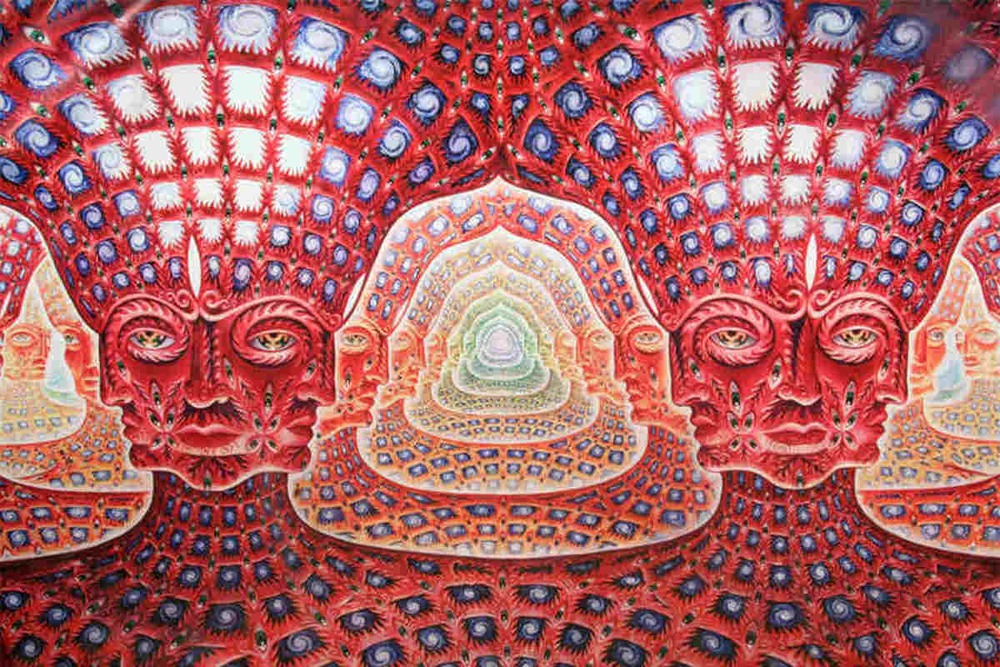
This is the second article in my series on psychedelics on this blog:
1. Psychedelic drugs - the future of psychotherapy?
2. What happens to your mind during a psychedelic experience?
3. The risks associated with the use of psychedelic drugs
4. Psychedelic assisted therapy (coming soon)
5. How to prepare for a psychedelic experience? (coming soon)
Just a high and that’s all?
After publishing the first article and reading the comments, I noticed that for some readers, the vision of taking psychedelic drugs is merely about getting high, which can’t have much in common with self-exploration or self-healing.
Writing about psychedelic trips makes for quite a challenge as such experience is extremely difficult to put into words. Even the most profound writers have not been able to give us a glimpse of what happens with us on an acid trip. It is not just about getting "high", nor feeling as if one encountered God or the whole universe. This experience is so deep and powerful that it hardly ever leaves you unchanged.
When taking LSD or magic mushrooms, you can experience your own birth or death (feeling with your whole self as if it was really happening), or the loss of your ego while your consciousness embraces the whole of existence. Moreover, you can feel - maybe for the first time in ages - a profound and true love to yourself and to all living creatures.
No wonder so many trial participants even years after their psychedelic trip claim that it was one of the most important experiences in their lives. Psychedelic experiences give us a lot to chew later on - not for one night, but rather for the coming weeks. They make us revise our current worldview and lifestyle, and help us open our hearts for ourselves, our loved ones and the beauty of nature. These experiences are far more than just a narcotic high – they are full-scale mystical experiences that can change how we think about ourselves and the world.
In this article, we'll take a closer look at what happens to us after taking this type of drug. I will tell you about my first psychedelic experience on psilocybin truffles, psychological phenomena occurring during psychedelic trips and the standpoint of the brain sciences on all that.
Originally, in this post I also planned to cover the topic of "bad trip" and other risks associated with using psychedelic substances, but I find that matter so important that I decided it deserves a separate article. That is why I will write about the risks associated with psychedelic trips in the following article.
My first trip
Ever since I learned about psychedelics, the urge to see what it's like to be in an altered state of consciousness has been on my mind and came to the surface itself felt every now and then. I didn’t feel the need to get high or indulge in ecstasy for purely hedonistic reasons. I felt the plain curiosity, fuelled by my passion, to explore the secrets of the human psyche. When I read the accounts of the insight that one might get from psychedelic experience, I was convinced that this is something that, sooner or later, I will have to try myself. I didn’t rush into creating opportunity for this - I was convinced that the right time would come.
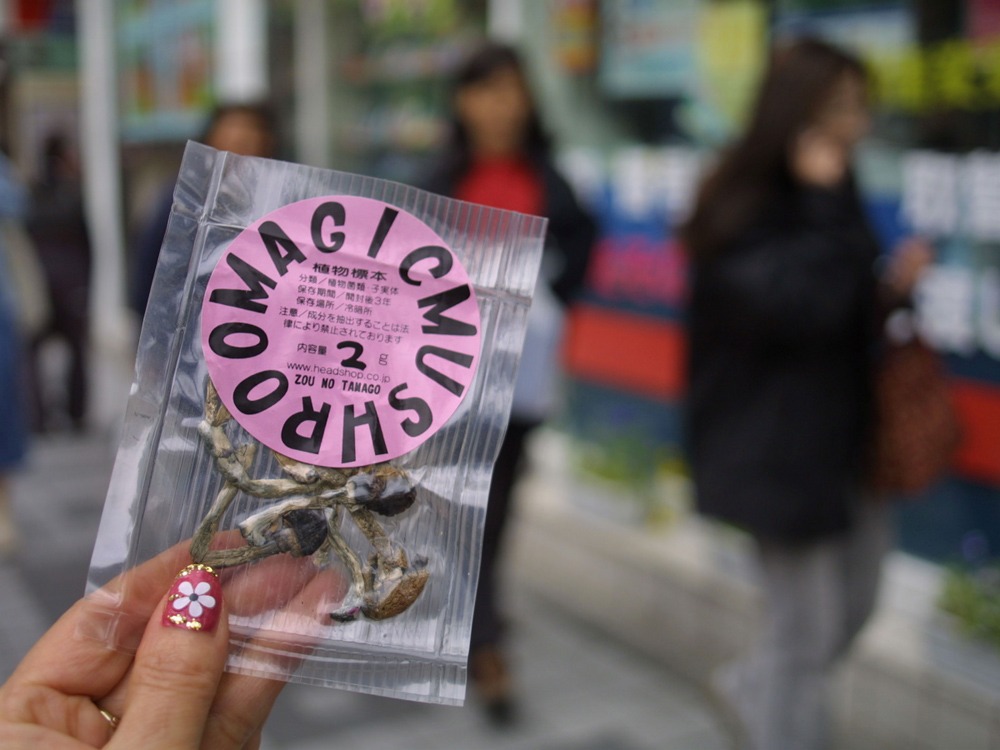
I have decided to describe my first psychedelic experience here on my blog. I want to point out, however, that it is very difficult to find the right words to describe these kind of experiences. Descriptions of such experiences always sound a little thin. The very act of giving utter to them strips them of almost everything they actually constitute.
In his book, Michael Pollan used a great metaphor for that: you have to imagine a caveman transported into the middle of Manhattan. He sees buses, cell phones, skyscrapers, airplanes. Then zap him back to his cave. Even if he could speak, he wouldn’t be able to describe what he just saw in a way for other people to know what he’s talking about. Bill Richards, psychotherapist with extensive experience in guiding people through a psychedelic experience, put it this way: “We’ve got five crayons when we need fifty thousand different shades.”[1]
At the same time, any kind of depiction of psychedelic experience based on the accounts of those who have tried it is still better than none.
There are still very few countries where psychedelics are legal to use. One of them is the Netherlands, known for legalizing marijuana. It turns out that you can also legally buy and use psilocybin truffles. Truffles grow underground, while mushrooms are the fruiting body of mycelium growing above the ground. They give a very similar effect to magic mushrooms.
On one of my trips to the Netherlands, I felt I was ready to try it. So, in one of the stores (the so-called "smart shops") I bought psilocybin truffles (fully legal in this country), cleared the day of all other plans, asked a close person to be with me at that time and allowed the whole day only for this experience. Having quite a lot of knowledge on how to prepare for a psychedelic trip, I carefully checked all key points. I will not elaborate on it now, as a separate article will be devoted on that subject.
I read that if you want to minimize the poor taste of truffles, you can grind, crush or cut them as small as possible and mix them with melted chocolate. It seemed like a sensible solution to me, which is why I started my first psychedelic experience in this way. The chocolate did help, but the bland and heavy taste of the truffles could still be sensed anyway.
After that, all I had to do was wait. I did some meditation and yoga, I listened to some music and reflected on my expectations and fears.
40 minutes
The first effects started to occur after 40 minutes. These were sensations in the body and not particularly pleasant. They included strange sensation in my teeth, feeling heavy, slightly nauseated and anxious. Soon afterwards, I felt an urge to lie down. As the physical discomfort continued, I slowly began to get used to it.
My favourite music coming from the speakers suddenly started to sound different - much deeper and clearer. I had the impression that it is all around me and permeates me. I could hear each instrument separately. I had never found so much beauty in music before. After some time, I began to feel like if I was becoming the music – as if the boundary between me and the sounds no longer existed, I felt every tune with my whole self.
1 hour and 20 minutes
At some point, the curtains began to ripple - at first I thought the window was left ajar. For 5 minutes, I wondered if it was wind or "special effects". It turned out that the window wasn’t open. Now I would see that everything began to wave around gently.
At the same time, I felt my body started to... dissolve. It's hard to put that in words - I felt a bit like I was an ice cube that melts and forms a puddle of water. Along with this came a sense of unity - suddenly everything that surrounded me ceased to feel strange or separated from me. When I looked at the plant growing in the pot, I noticed how amazing it is and saw the intelligence living inside of it. Staring at this plant, I felt that my heart was opening up like a huge gate, which had been barely ajar before. I felt a surge of great love for the world of nature and rapture of being part of it. I thought about my close ones and felt overwhelmed by love and gratitude for that they are in my life.
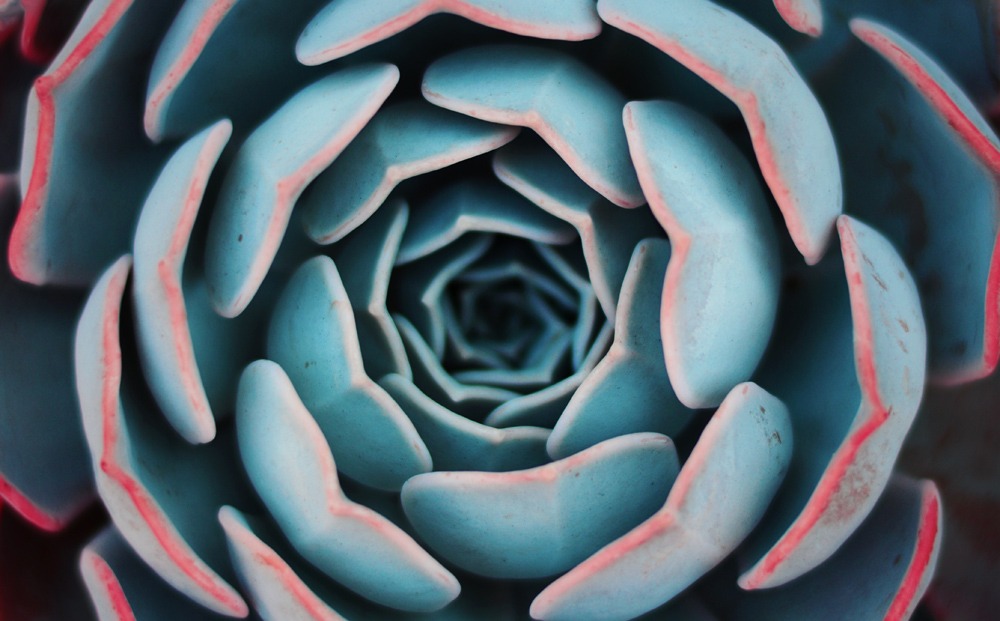
1 hour and 40 minutes
I closed my eyes and put the blindfold on. I was enchanted by that new bizarre way of experiencing my body, music and the whole surrounding. This way of perceiving reality was so different that I was totally taken aback.
As I closed my eyes, my attention naturally turned to my inner self. I didn't have to think about what to focus on or where to look... I felt as if I was being led by the hand. I was taken to the very places inside of me that I was to visit.
The first image that came to me was the one of my parents. I began to cry, but it wasn't just a regular weeping, it was a great, loud cry, that seemed as if it would never stop. I also felt a great inner pain and would grieve about that in the face of how much they gave me, I did not feel and express my gratitude well enough for the sacrifices they had made for me. I felt sorry that I let myself to drift away from them, without showing them how important they are to me. That even though the world is so beautiful and we could all be so happy, they hold on to their worries and distress. I felt an urge to help them, give them what I can as a token of gratitude for who I am (and for the very fact that I am in the first place).
Although they were not there physically, I felt as if I was as close to them as I had not been for years. I wept for about 15 minutes and it was a cleansing cry. I was astonished that I got in touch with that part of myself, which had been so deeply hidden. When I stopped crying, I felt exhausted but also totally serene, and again relished in the music that was on all that time. I sunk into the sounds, feeling the love constantly flowing through me.
2 hours and 20 minutes +
During these few hours various emotions, memories and thoughts would come and go, all of which turned out to be the unresolved issues from my past. The things my mind caught onto were not chosen by me consciously. I had assumed in advance that I would stay open and go wherever my mind would take me. At one minute I could feel enormous happiness from the fact that I am alive, while a few minutes later my heart would ache from compassion for one of my loved ones. I needed to experience all that. All these emotions I felt were important to me. I looked into places inside me that had long been forgotten, and which had to be revisited if I wanted to advance on my path of spiritual development.
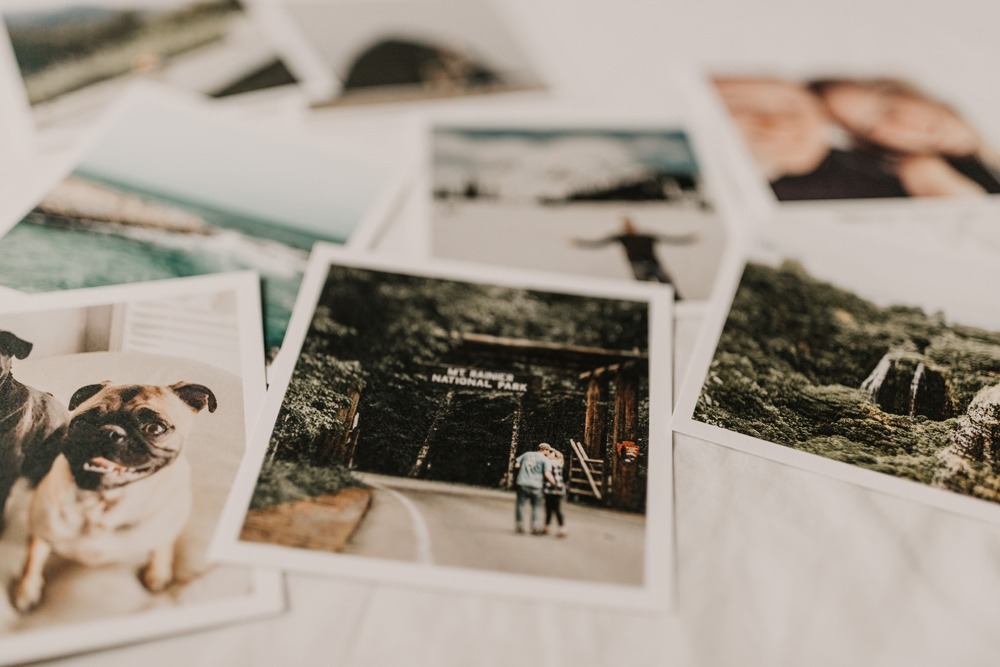
Throughout the whole experience, I could feel that something really remarkable and exceptional was happening. It felt as if I that on some bizarre journey. I knew that all these emotions and get-togethers with my parts would have a great influence on me later on.
The amount of psilocybin truffles I consumed was not that large but the experience it evoked was deep and, as I thought at the time, powerful. Still, part of me was hoping for something more, having read about the colourful visuals and amazing encounters with the creations of our mind, or the ego melting and touching the divinity. I was somewhat disappointed that I did not get to experience such aspects of a psychedelic journey. On the other hand, however, I knew that before diving deeper, the safe and smart way is to start with a smaller dose so as to see how my body would react. Keeping that in mind helped me deal with my disappointment. Having accepted that, I would appreciate the uniqueness of everything I experienced during that first time even more.
After a few hours, the effects of psilocybin began to fade and I would slowly return to my natural state of consciousness. I couldn’t shake off the feeling of having come back from a long, epic journey. My head was full of thoughts, so it was time to put together everything that happened that day.
A day after
The next day I woke up feeling great, but with a slight "hangover", so to speak. I could also feel the effect of the so-called "afterglow", which is an enjoyable remnant of the drug experience. I still felt that sense of unity, delight for the beauty of nature, closeness and an openness.
In the following days, all these effects slowly faded away, but the things I learned about myself and the emotions I worked through - that was all for keeps. The therapeutic effects of this experience felt priceless and I was convinced that I had done something important for me and my life.
Psychology of psychedelic experience
The Greek word "psychedelic" stands for "mind manifesting" ("psyche" - mind, and "delos" - shower).[2]
However, the thing is that experiences of this nature can introduce us to the areas of our subconsciousness that we had absolutely no access to before.
The whole spectrum of sensations after taking magic mushrooms or LSD is much wider than the effects I experienced during my first trip. The higher the dose, the more incredible things one can enjoy.
Opinions vary on how much of the experience is actually real and how much of it is a product of our imagination. When we read or hear about such an experience, we tend to favour the latter. However, when we try it ourselves, we are no longer so sure. Most people achieve a deep sense of touching pure reality of things during tripping and the experience feels even more “real” than their everyday life.
American psychologist and philosopher William James (who died in 1910) described it as “the noetic quality of psychedelic experience”, which means the compelling sense of touching some great innate truths. “Although so similar to states of feeling, mystical states seem to those who experience them to be also states of knowledge. They are states of insight into depths of truth unplumbed by the discursive intellect. They are illuminations, revelations, full of significance and importance, all inarticulate though they remain; and as a rule they carry with them a curious sense of authority for after-time.” In one of the studies on religious, spiritual, and mystical experiences (RSMEs), the majority of participants (69%) reported that their RSMEs during their psychedelic trip felt “more real than their usual sense of reality.”[3]
Ego dissolution
One of the most important phenomena giving profound therapeutic effects is the loss of one's sense of self also known as ego dissolution. During a psychedelic trip, you can completely lose touch with your regular body experience. In a sense, you temporarily stop being an individual. You become pure consciousness without beginning and end. You experience a state that researchers often refer to as oceanic boundlessness (OBN). For most people, that is the most mystical and spiritual element of the trip. Connecting with God, seeing clearly the nature of all things, merging with the Universe. A beautiful feeling of being one with the whole creation.
When we are about to get to the moment of ego death, we often feel afraid, or even terrified. The sense of self, which has been like a safe harbour throughout our lives, suddenly begins to fade away. For many people, this brings a sensation close to the one when you’re dying - and that's exactly how they feel during a psychedelic experience. In some cases, one may even be convinced that something went wrong and they are truly dying.
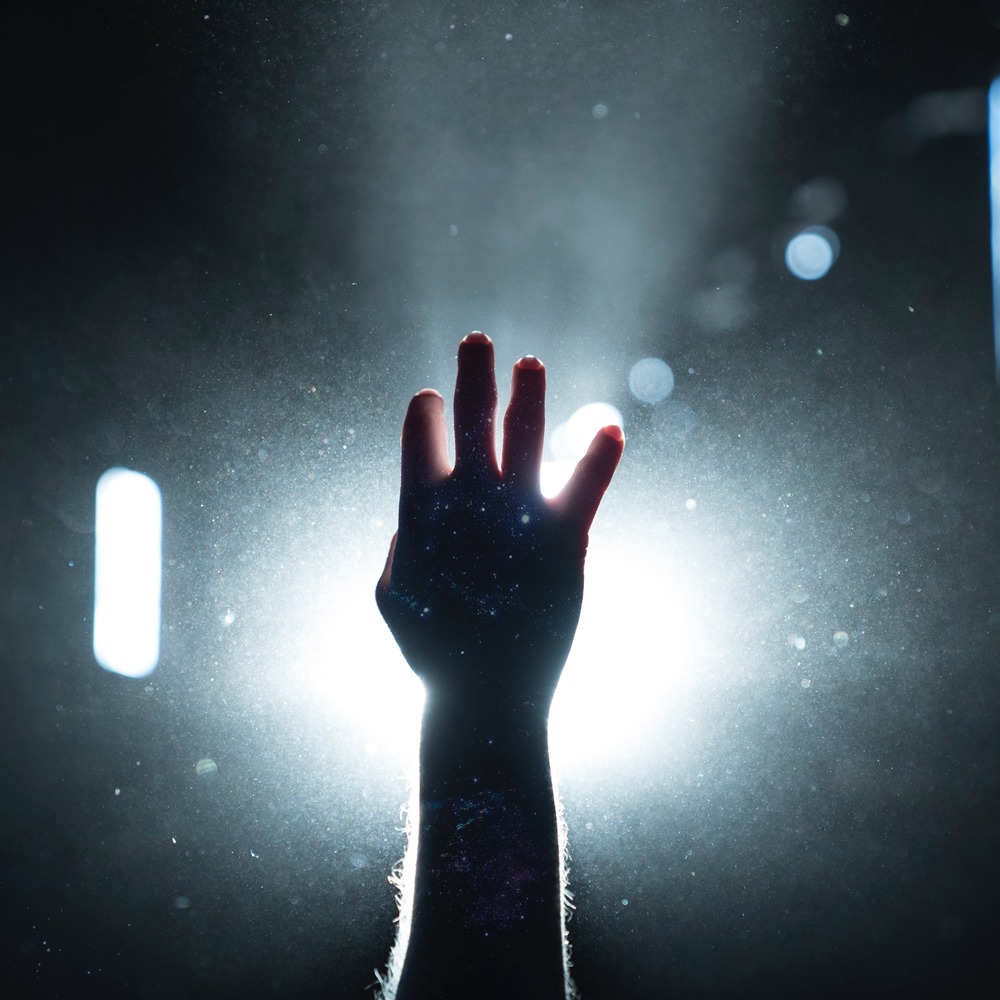
Without the support of a person who knows how to help you go through this difficult moment in tripping, you can easily fall in a state of panic, which cannot be so quickly shaken off on your own. That’s one of the threats of a psychedelic trip (I will elaborate on such situations in the next article). When there is someone we can trust next to us, it will be much easier for us to let go and go with the flow. Trusting the process and taking a leap into the unknown will lead you to experiencing an immense release and connecting with the "ocean of consciousness."
This particular effect of a psychedelic journey seems to be the key in the context of research on people with a life-threatening cancer, who have received a diagnosis that they do not have much time left. In one of such studies, conducted by Roland Griffiths at John Hopkins University in 2016, participants were given a high dose of psilocybin. After their psychedelic experience, a large majority of patients felt a significant decrease in depression and anxiety associated with their final days. After six months, these changes continued - around 80% of participants reported a substantial and sustained decrease of their fear of death, which was replaced by acceptance and serenity.[4]
As much as it sounds unreal, many of them reported having experienced what it is like to die and seeing what happens after death. They could see for themselves that death is not the end. Katherine MacLean, a psychologist and psychedelic researcher, put it this way: “A high-dose psychedelic experience is death practice. You’re losing everything you know to be real, letting go of your ego and your body, and that process can feel like dying.”
In 1972, Stanislav Grof and Bill Richards wrote that LSD gave patients an experience “of cosmic unity” such that death, “instead of being seen as the absolute end of everything and a step into nothingness, appears suddenly as a transition into another type of existence... The idea of possible continuity of consciousness beyond physical death becomes much more plausible than the opposite.”[5]
We don’t know how much of the experience of cosmic unity, connecting with God and diving into the ocean of consciousness is authentic and how much of it is a product of our imagination. However, research shows that a psychedelic experience has a significant and sustained healing effect on human psyche. In addition, as suggested by Michael Pollan, author of the book "How to change your mind", we cannot be certain that our regular experience of consciousness is “authentic”. Here, we also can rely only on our subjective sense of self-identity.
Visuals
Psychedelic experience very often makes for an intensely visual journey, during which we see amazing geometric shapes (so-called fractals), full of detail and colour. During that journey we can also meet and enter a dialogue with various personas, archetypes, “beings”. During such encounters, they might give us solutions to our most important issues or pieces of advice that will stay with us long after the psychedelic experience.
During the experience with ayahuasca, these are often meetings with a woman, a kind-hearted mother, a female energy that is seen by many as mother nature, who acts as a guide, providing words of wisdom and reassurance that you will treasure in your mind long after your journey is over.

Another interesting phenomena is a neurological condition called synesthesia where the boundaries between the senses blur together, so that you are able to see sounds, hear colours, taste music, etc. Your senses suddenly can do things that were impossible in normal conditions.
However, when it comes to visual and sensory effects of the psychedelic ingestion, things can also take a less pleasant turn. Ayahuasca drinker can have terrifying visions of demons and hell, or witness a horrifying moments in human history. Psychedelic experience is not always wonderful and amazing. We have to be up for moments of our psychedelic experiences when we see scary images and have frightening visions.
Identification with the natural world or other people
Another common phenomenon triggered by psychedelic drugs is the ability to enter the body experience of other people, for instance, feel like being a woman (when you are, in fact, a man) or vice versa. One can visit their past and incarnate ancestors (e.g. become a king, knight, or prisoner in a medieval dungeon), or blend with the natural world (feel what it’s like to be an animal or tree for a few moments).
Throughout the whole experience one has the feeling that everything that happens in a trip is authentic and real, and that we really become that being which we get to identify with. I realize that for the people who have never taken psychedelic drugs, all of that might sounds strange, to say the least. Nevertheless, many people all over the world confirm having similar psychedelic visions and sensations.
It turns out there was a reason for Dr. Albert Hofmann’s advice: “always do it in nature” when it comes to taking LSD. The feeling of unity with plants, trees and animals is so profound that it often changes our attitude to the environment forever. Some say that the growing popularity of psychedelic experience could save our planet from the on-going ecological crisis.
Visiting traumatic memories
In addition to having mystical and spiritual experiences, we often go deep into our own life history and deeply hidden memories. Interestingly, we can look at them from a different perspective – instead of reliving them, we can just witness them feeling safe and peaceful. MDMA, a psychoactive substance characterized as an empathogen, can induce prominent emotional effects of interpersonal warmth, empathy, unity and openness.
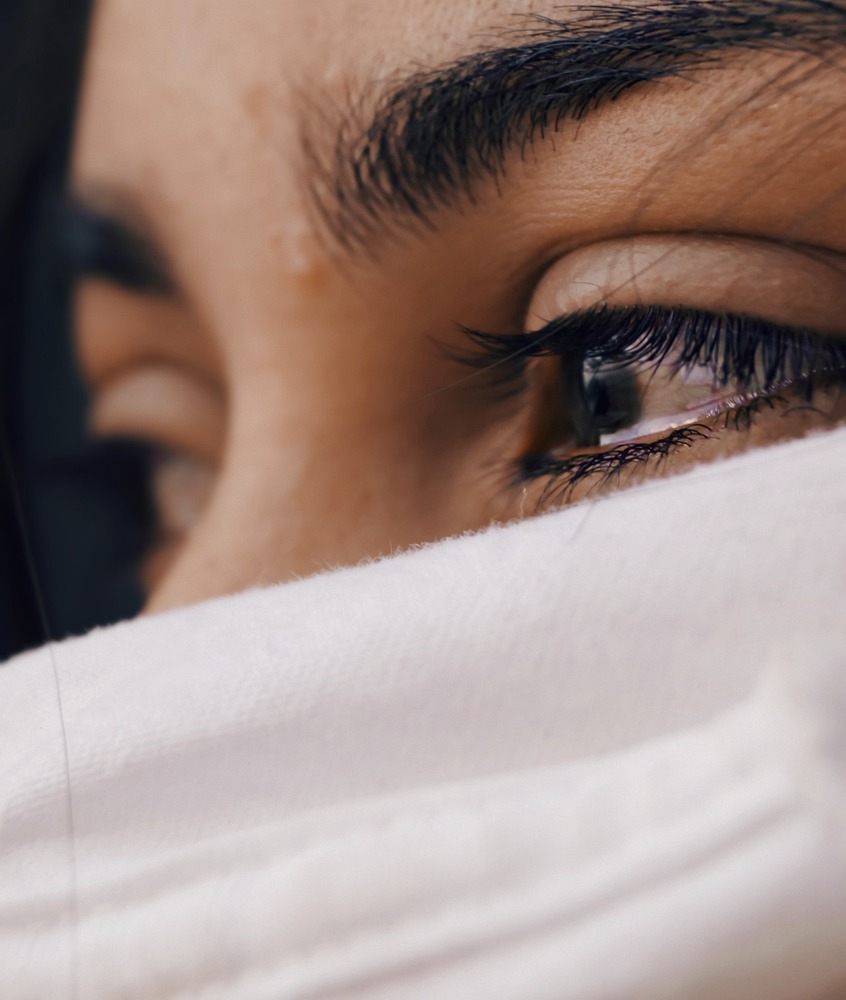
These properties may underlie the benefits of MDMA in the context of therapy for those suffering from severe PTSD. The disorder-causing memories that used to be too hard and frightening for us to cope with suddenly lose their power over and we are able to look closely at them, while having a profound sense of asylum, which has never been possible before trying MDMA. In the study conducted by MAPS (Multidisciplinary Association for Psychedelic Studies), 54% of participants showed no symptoms of post-traumatic stress disorder after having barely two sessions with MDMA (compared to 23% in the control group).[6] There is no way to obtain results that remarkable in such a short time using other forms of therapy.As proclaimed in the announcement of January 23, 2020, the American Food and Drug Administration (FDA) granted patients with severe PTSD access to MDMA therapy, even before the official registration of the drug, which is planned for 2022.
Of course, psychological healing and emotional release does not have to be associated only with childhood traumas – it can be related to any "unresolved" issue in our past that drags behind us or keeps haunting us. A person under the influence of a psychedelic may begin to have intensified thoughts about their parents and find the capacity for forgiving them, or feel the influx of anger repressed for years and trying to get out and be expressed. One might also have to face their fear of death and by philosophic reflection on the phenomenon of evanescence and passing of all things, become more open to the idea of living their life to the fullest.
Of course, you can go on a psychedelic journey with a specific intention (which gives a good chance that at least part, if not the whole of the process will concern the things you want to work on most), but at the same time remember that the experience can take you in a new and surprising direction.
Insights and epiphanies
The immediate results of the psychological attributes of a psychedelic experience described above include new insights and epiphanies. Some of them exist on a knife-edge poised between profound discoveries and utterly banal truths, which we were aware of even before the ingestion of shrooms or LSD. However, having a purely rational awareness of something is one thing, while feeling it at every level of your being is a completely different one.
What we discover during a psychedelic experience becomes a deeply-rooted conviction, stronger than any beliefs we’ve had before. That's why these revelations have long-term and life-changing effects on us. A complete change in one’s habits and behaviour is often reported by people, who have been addicted to alcohol or nicotine. During a psychedelic journey, such people can get the utmost understanding of the scale of harm they do to their own body by holding on to their addiction, which can push them into finally breaking free.
As Matt Johnson, a professor of psychiatry at John Hopkins University put it "under the influence of psilocybin, that knowing acquires a new weight, becomes something the feel in the gut and in the heart. Insights like this become more compelling, stickier, and harder to avoid thinking about them. These sessions deprive people of the luxury of mindlessness."
Numerous studies have showed the effectiveness of psilocybin in the treatment of nicotine addiction. In one of such research trials, all participants, who took 3 sessions with magic mushrooms, underwent a 12-month follow-up. It turned out that 10 out of 15 people (67%) were confirmed as smoking abstinent (despite previous addiction). 13 of the respondents (87%) considered this experience as one of the 5 rated their psilocybin experiences among the five most personally meaningful and spiritually significant experiences of their lives. Another follow-up took place after approximately 30 months. This time, 9 out of 15 participants (60%) were confirmed as smoking abstinent.[7]
Scientists doing researcher on psychedelics agree that the long-term benefits results not from the psychopharmacological effect of the ingested substance itself, but rather from each person’s subjective experience, which these substances are a catalyst of.
Scientists studying LSD and other psychedelics during their research trials determine the spectrum of most common effects triggered by ingesting psychedelic compounds, and thus study their intensity and impact on a patient. Here is a graph showing the intensity of individual phenomena depending on the size of LSD dose. Empty circles stand for placebo, empty squares - 100 micrograms of LSD, and filled circles - 200 micrograms of LSD.
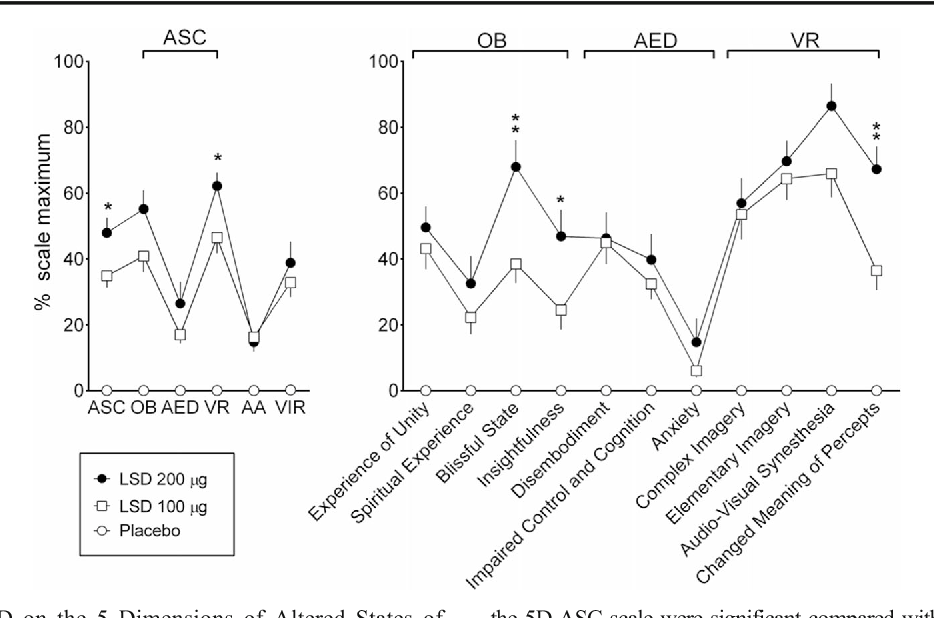
Obviously, the ultimate effects for each individual always depend on many factors, such as one’s mental condition, body weight, personal attitude, etc. The above graph refers to a study conducted on the group of 40 participants and it shows the average values. Now we are able to compare individual psychological phenomena of a psychedelic experience.
Neuroscience
The main advantage of the current psychedelic renaissance over the events of the 1950s and 1960s is the revolution in brain science and its research methods that allow for a thorough study of this type of experiences.
One of the most quoted specialists in the field of psychedelic research is a neuropsychologist Robin Carhart-Harris, who is the head of a research team at the Imperial College London. While studying these substances, he first assumed that they increase blood flow in the brain and thus boost brain’s activity. However, research has proved that it is exactly the opposite: psychedelics reduce brain activity, especially in one area called the "default mode network" (DMN).
DMN is “an interconnected group of brain structures that are active when the brain is not focused on a specific task, in other words, whenever our mind wanders. Brain scans in resting state enable to observe a repeated pattern of activation."[9]
In short, DMN reduces sensory processing of the outside world and reduces the amount of information that is received by our conscious mind. It works as a filter, letting in only what we need for survival and meeting our basic needs. Otherwise, a flood of information bombarding us would be impossible for us to process. Therefore, the DMN allows us to hold on to the reducing valve of ordinary perception (think about how the light of a flashlight directed in one place differs from a light of the chandelier that shines in all directions).
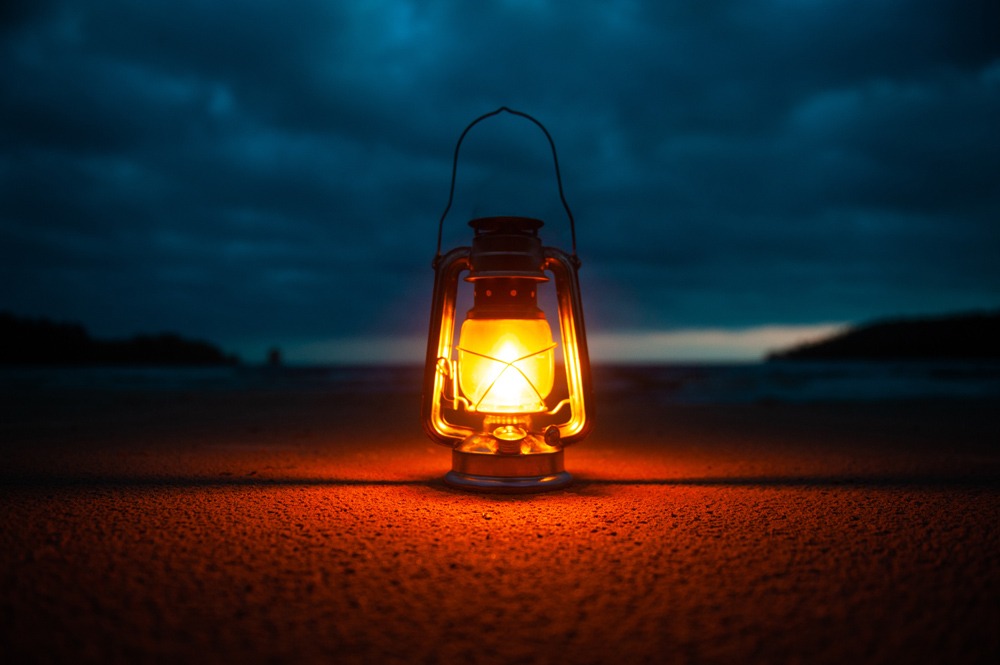
In other words, when we are under the influence of a psychedelic and our DMN network is turned off, the brain opens the door of perception and receives a whole lot of information that previously we had no access to.
Interestingly, DMN plays an important role in creating our ego (hence the colloquial term "the me network" for this area of the brain) and our self-image. This is the place where our ego dwells.
Robin Carhart-Harris found that when we experience ego-loss during a psychedelic journey, our DMN shows the lowest levels of activity. It is remarkable that brain scans (fMRI) of people experienced in meditation showed almost identical trends.
One of the functions of our ego is to make sure that the information hidden in the subconscious does not come to the surface. So when we are under the influence of psychedelics, DMN decreases its activity and the gates of our subconsciousness are opened, which causes the influx of memories of childhood traumas that a person cannot access under normal conditions.
In addition to relaxing the defense mechanisms and giving us easy access to what’s hidden in our subconscious, reducing the activity of the DMN allows our brain to walk off the beaten track, that is engage in other actions that the ones it is most used to. What’s interesting, this effect does not refer to human beings exclusively.
In my article Altered states of consciousness, I elaborated on the fact that the consumption of psychoactive substances is also something natural in the animal world.
Dolphins chew tiger puffer (a fish that releases toxins that, in small quantities, cause a narcotic intoxication), dogs tend to lick toads, cats love catnip, goats like mushrooms containing psilocybin, baboons like ibogaine (a psychedelic plant growing in Africa), and elephants get drunk with fermented fruit.
In his book "Intoxication", psychopharmacologist Ronald K. Siegel asserts that pursuing and consuming drugs is a biologically normal behavior in the animal world and that it is a rule rather than an exception.
According to some research, such rituals have an important evolutionary role. This role is called "depatterning", which means eliminating or "disempowering" common patterns and mental cliches from our mind. Living creatures fall into habitual ways of operating all the time and resort to substances that allow them to see the reality in a completely new way, which gives them a better chance of survival.[10]
“Distinct networks became less distinct under the drug, implying that they communicate more openly. The brain operates with greater flexibility and interconnectedness under hallucinogens"
This phenomenon can have a beneficial effect on the treatment of people with disorders, because DMN is also responsible for mental time travel, which in its extreme form is an integral part of mental disorders. People suffering from depression often get stuck in the past, while neurotics worry compulsively about the future. Under the influence of a psychedelic, our brain becomes free to act in a non-schematic way.
The above diagram does not require a broader explanation, one glance is enough for our imagination to do the rest. This is a visualization of neural network connections in our brain under the influence of psilocybin. On the lefts side, we see the brain on placebo, on the right - on psilocybin. Areas that were previously isolated from each other can now communicate.[11]
Thanks all the above described research, it is conjectured that psychedelics allow, to a great degree, for an opening to altering brain function. They change our perception of the world and of ourselves and set us free from the rigid patterns of thinking. Such mystical experiences, given there is in an appropriate and reasonable set and setting, enable looking deeply into ourselves, facing traumas of our past and releasing emotions frozen in our body. They can become an unprecedented and invaluable tool in psychotherapy for patients with treatment-resistant disorders.
Psychedelics, however, are not a panacea for everything, and if we use them without ensuring proper setting, we can do harm to ourselves. Even though overdose is practically impossible for the most common hallucinogens, and they are not addictive, using psychedelic compounds poses real psychological risks that you need to be aware of, first before going on your own drug trip. That is why, I am going to make it the subject of my next article.
